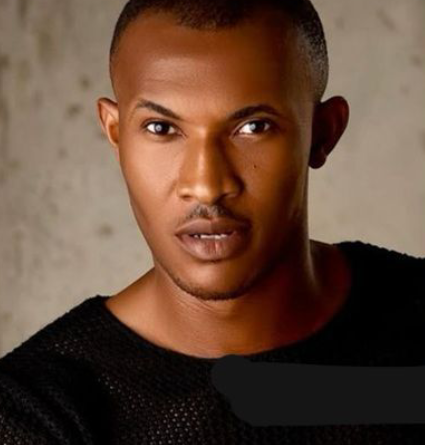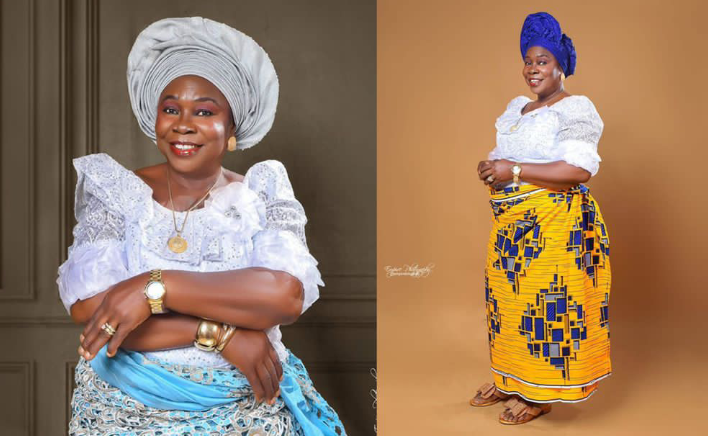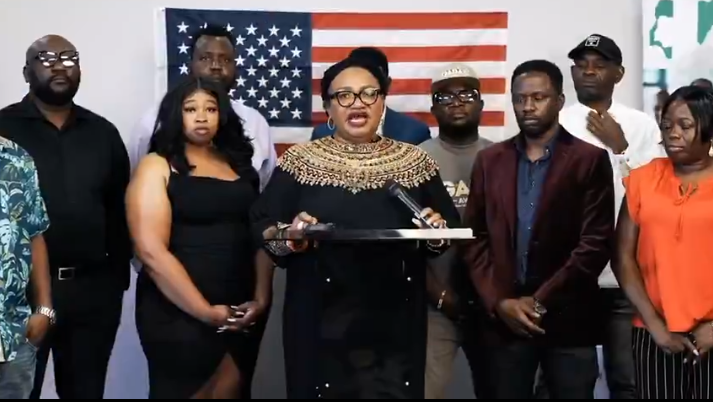
Gideon Okeke Sparks Debate on Herdsmen’s Open Weapon-Carrying: ‘Are We Not Equal Citizens?’

In a bold and provocative statement that has ignited online discussion, Nollywood actor Gideon Okeke has taken to his social media platform to question a long-standing issue that many Nigerians have observed but few dare to openly challenge—the unchecked freedom of movement and armament often granted to cattle herdsmen in public spaces. Okeke, known for his candid takes on societal matters, shared his thoughts just hours ago in a post that has quickly gained traction across the internet.
“Why does a cattle herdsman get a pass to carry machetes, dagsors and chems openly. I mean roamimg freely infront of police sef, for the protection of their lives and property,” Okeke wrote. “Cattle rearer and pastor… are they not equal citizens.”
The statement, posted under his verified handle and already amassing hundreds of reactions within hours, challenges what many see as a glaring double standard in the enforcement of Nigeria’s laws, particularly when it comes to issues of security, justice, and citizen equality.
For many Nigerians, the sight of herdsmen roaming highways and farmlands with visibly brandished weapons has become an uncomfortable norm. It’s a phenomenon that has often left citizens questioning the silence of law enforcement officers, especially in areas where open display of such weapons would normally result in swift arrests if carried by other members of society. Okeke’s post is a direct call-out, not only to the security forces but to a broader system that seems to favor one group over another without proper justification.
By drawing a parallel between a cattle herder and a pastor, Okeke places the debate squarely within the realm of equal citizenship and fairness under the law. The contrast isn't merely rhetorical. In several instances over the years, peaceful protesters, clergy members, or activists have been arrested or harassed over far less—placards, microphones, or even prayer meetings—while armed herdsmen continue to move unchallenged, even in densely populated urban areas or near government institutions.
Social media has since become the battlefield of opinions, with many praising the actor for his courage and clarity. “Gideon just said what most of us have been whispering for years,” one user commented. “It’s about time someone in the public eye called it what it is.” Others, however, have taken a more defensive stance, arguing that the weapons carried by herders are tools of their trade, necessary for clearing bush paths, defending against wild animals, or managing livestock.
But that explanation, critics argue, fails to justify the lack of regulation or oversight. “We understand that they’re working with animals in rural terrain,” said one online responder, “but that doesn’t explain why they’re allowed to roam into communities and cities still armed, and why police look the other way. If it was any other citizen, they’d be in cuffs already.”
The issue of herdsmen in Nigeria has long been a contentious one. From violent farmer-herder clashes in Benue, Plateau, and Kaduna states to broader concerns about land rights, grazing laws, and ethnic tensions, the image of the armed herdsman has come to symbolize a much deeper national conflict. What Okeke has done is strip that image back to its simplest, most provocative question: why is this tolerated?
It’s not the first time Okeke has spoken out against structural imbalances in Nigerian society. Known for using his platform not just for entertainment but for advocacy, the actor has in the past weighed in on issues ranging from police brutality to the state of the film industry. But this particular statement hits a nerve in the national psyche. It’s not just about herdsmen or pastors—it’s about the perceived hierarchy of citizenship in Nigeria.
His post also implicitly challenges the effectiveness and impartiality of the Nigerian Police Force. The institution, already under intense scrutiny due to repeated allegations of corruption, abuse of power, and selective justice, finds itself once again at the center of criticism. If certain citizens can walk freely with weapons while others are searched, questioned, or arrested for peaceful assembly, then who does the law really serve?
Okeke’s mention of “protection of their lives and property” echoes a constitutional phrase often cited in debates on self-defense and security. But it also draws attention to the selective application of that right. For instance, in many communities across Nigeria, residents have had to resort to local vigilante groups due to lack of police presence, yet those same vigilantes often face stricter scrutiny than the herders they aim to keep out. If security is a universal right, then its enforcement should not be based on occupation, ethnicity, or political affiliations.
The larger implication of Okeke’s message is a call to examine the double standards in Nigerian governance and law enforcement. Why are some citizens above the law while others live under its shadow? Why does silence greet the visible defiance of weapon regulations by one group, while other citizens are met with swift action for mere expression or assembly?
In a country struggling to maintain unity amid rising distrust between its diverse ethnic and religious groups, the perception of inequality—especially from state institutions—can only deepen existing fault lines. Statements like Okeke’s serve as flashpoints in a larger conversation, forcing uncomfortable but necessary questions into public view.
As of this writing, no official response has come from law enforcement agencies or government representatives regarding Okeke’s post. But the conversation he has reignited continues to blaze across social platforms and newsrooms, forcing both citizens and authorities to confront a reality many have tried to ignore.
Whether it leads to tangible change or simply fades into the digital noise depends largely on what happens next. But one thing is clear—when artists speak truth to power, especially in nations where silence has become the norm, their voices don’t just echo. They resonate.
Gideon Okeke may have posted a short message, but its weight has pressed firmly on the conscience of a nation still grappling with the fundamental question of equality. In his words: cattle rearer and pastor… are they not equal citizens?
It’s a question that may take far more than a viral post to answer—but it’s one Nigeria can no longer afford to ignore.


